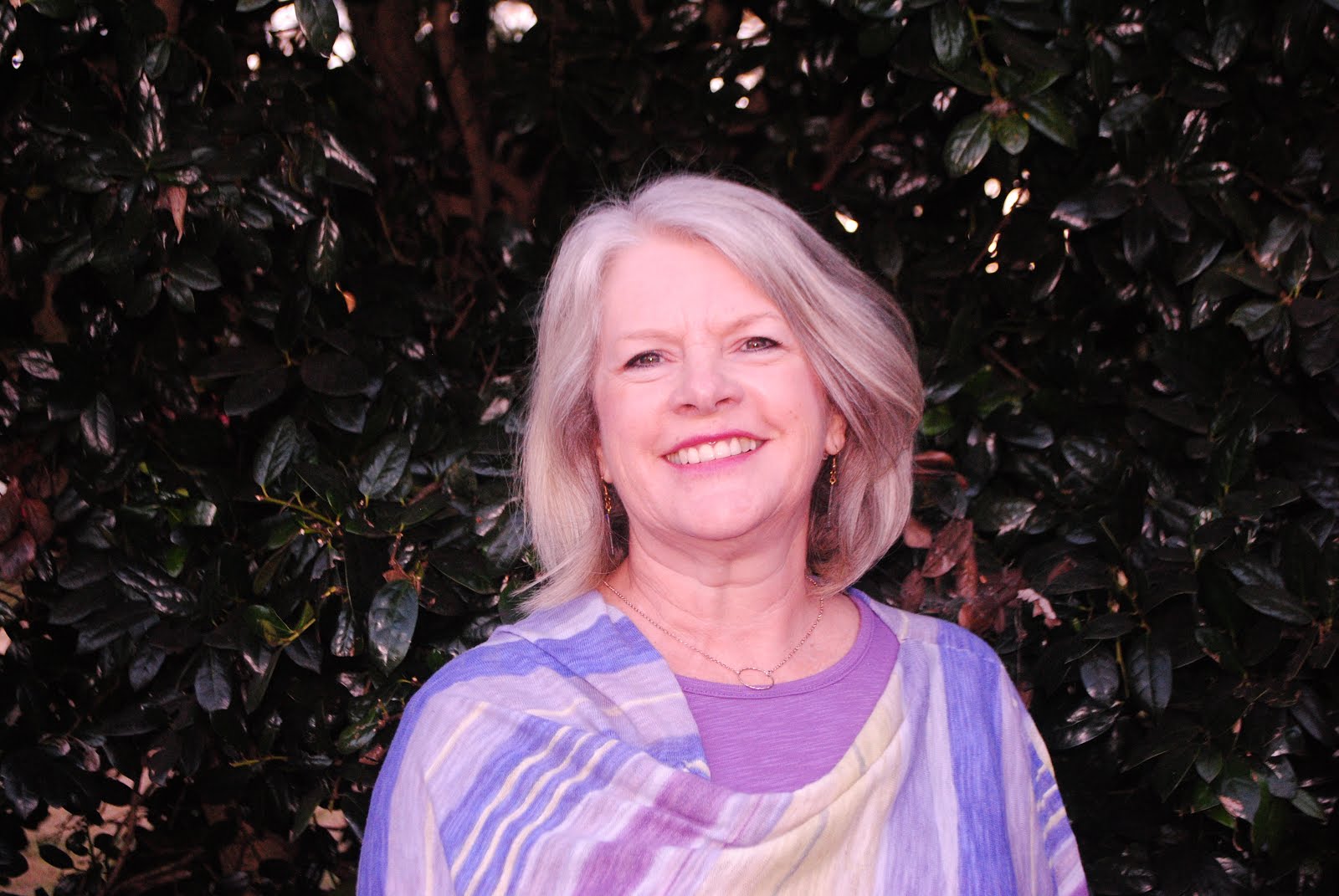As I mentioned in my last post, I was motivated by Dannye Romine Powell's column to come up with my own suggestion of a dozen works by Southern writers I would recommend to book clubs (or anyone interested in a good Southern read.) The biggest challenge was deciding
which book to select, once I'd chosen my author. For some I chose the most familiar, as a kind of sampler platter to encourage reading deeper in their list:
1. Harper Lee, To
Kill a Mockingbird This is one book I can read and re-read. It makes me laugh and
cry. I love Scout and Jem and Atticus. For anyone who loves the book, rather than sending you on
to Go Set the Watchman, I'd suggest Truman Capote's wonderful short story "Christmas Memory"
2. Flannery O’Connor, Revelation” (short story) I loved teaching all of O'Connor's short stories, but
this one in particular does what she does best: shock us with the absurd behavior of her characters
a split second before we recognize a bit of ourselves in them.
3. Eudora Welty, “Why I Live at the P.O.” (short
story) The only thing better than reading this story
is to listen to a recording of the author reading it!
4. Ernest Gaines, A Lesson Before Dying One of my teacher friends told her students this is one book
everyone needs to read to be fully human. I can't say I disagree.
5. Clyde Edgerton, Walking Across Egypt After I read this book (and laughed until I hurt when
Mattie Riggsby gets stuck in the chair), I read everything else he wrote. I still do.
6. Ron Rash, “Hard Times” (short story) I love everything Ron Rash writes--his novels, his poetry,
but his short stories are pitch perfect. This one is the first story in his collection Burning Bright.
It's a good introduction to his writing. Then start at the beginning of his novels, One Foot in Eden
and then the poetry.
7. Clyde Gurganus, The Oldest Living Confederate Widow Tells All This sprawling novel took me a
while to read. Then it stuck in my head. Forever.
8. Donald Davis, “A Different Drummer” (short
story) Davis is known for his storytelling and,
indeed, the best way to experience his stories is to hear him deliver them. This one from Listening
for the Crack of Dawn is, hands down, my favorite.
9. Tony Earley, Jim,
the Boy This book with a young protagonist was just a perfect novel to me.
When I read it, I had just read another book with a similar setting and young main character,
written by a much more famous writer. This book blew that one out of the water. In my favorite
scene, the boys uncles get him to sneak out of the house with them to watch the first electric lights
come on in their town. I also LOVE the Jack Tale at the end of Mr. Tall, and I want to talk to
someone else who has read it.
10. Charles Frasier, Cold Mountain This is my all-time favorite book to teach in class. I read it first as
a reader, just for the story. Then I read it again to see the craft he used to put the story together. I
re-read it along with my students year after year and never tired of it.
11. Rick
Bragg, All Over but the Shoutin' I keep giving this one away to friends to read. I read Ava's
Man first and loved it. I'm glad I got to this one too.
12. Pat
Conroy, Prince of Tides I love all of Conroy's big, wordy novels, but this one I read first.
I went on to read them all--Beach Music, The Great Santini, Lords of Discipline, The Water Is
Wide. I'm sad there won't be any more.
I could start right now thinking of other Southern writers and books I should have included. I should tell you the ones to watch for: Shari Smith', Susan Yergler-Bradburn, Wiley Cash, Ann Patchet, and lots more appearing soon at a bookstore near you!

My List of 12 Southern Writers








